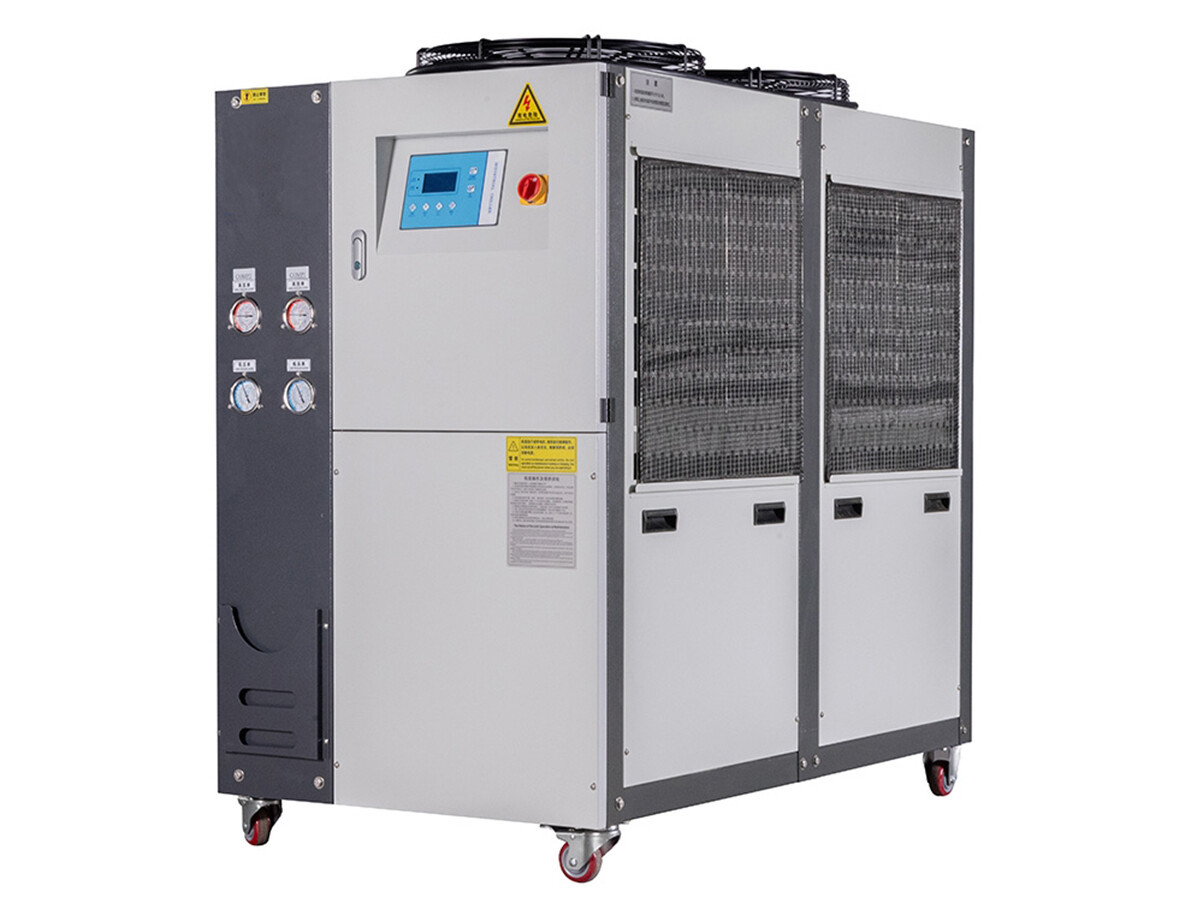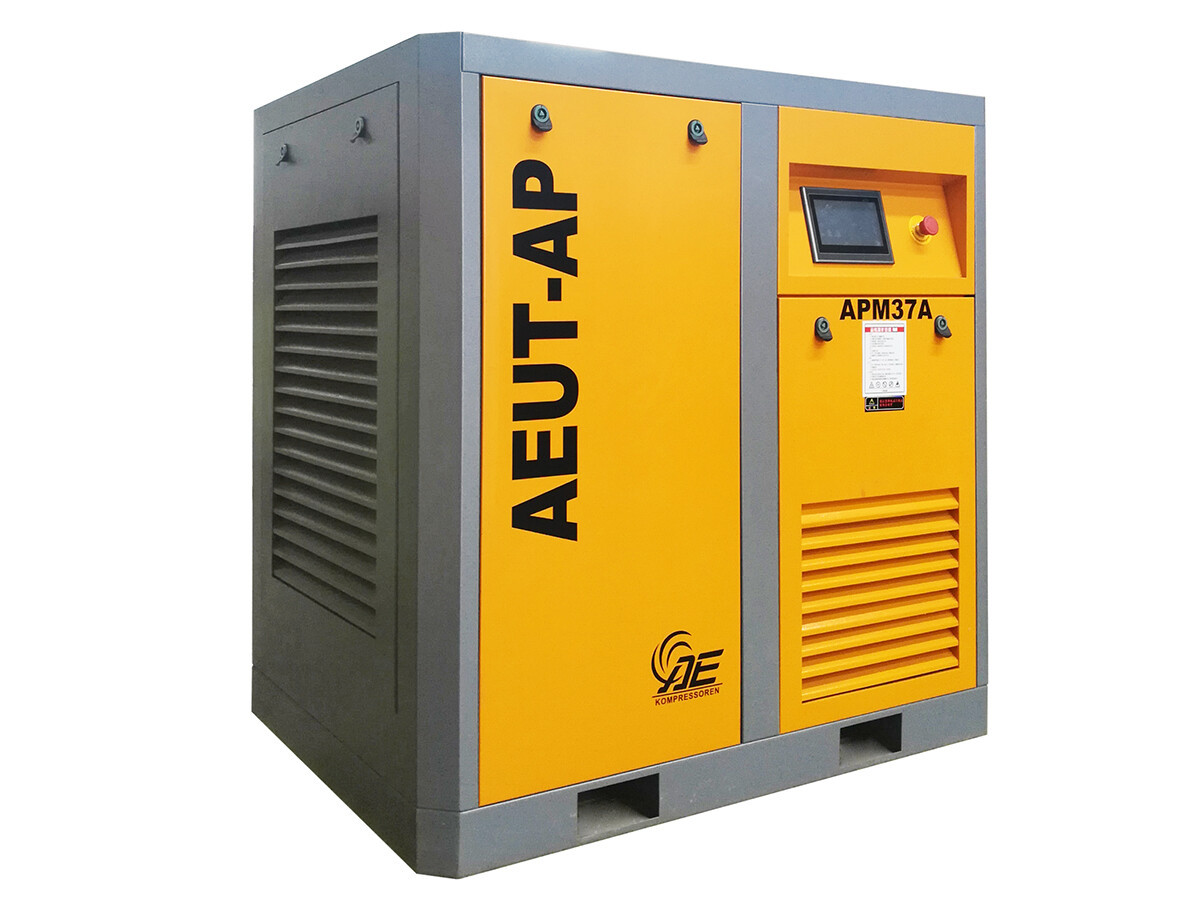1. Industrial Chillers: Precision Cooling for Automotive Manufacturing
Industrial chillers play a pivotal role in maintaining temperature stability for critical automotive processes:
Laser Cutting and Welding:
High-power lasers used in cutting metal sheets or welding body panels generate intense heat. Chillers cool laser systems to prevent overheating, ensuring consistent cut quality and extending equipment lifespan.
Injection Molding:
Automotive components like dashboards, bumpers, and interior trims are produced via plastic injection molding. Chillers rapidly cool molds to reduce cycle times, prevent warping, and ensure dimensional accuracy.
Paint Shop Cooling:
Automotive paint shops require precise temperature and humidity control to achieve flawless finishes. Chillers stabilize conditions in spray booths and curing ovens, preventing defects like blistering or uneven coating.
Battery and EV Manufacturing:
For electric vehicles, chillers cool battery testing chambers and thermal management systems, ensuring lithium-ion batteries operate within safe temperature ranges during performance validation.
Key Advantages:
Energy-efficient designs with variable-speed drives reduce operational costs.
Corrosion-resistant materials withstand harsh automotive environments.
2. Air Compressors: Powering Automation and Assembly
Air compressors are the backbone of pneumatic systems in automotive plants, delivering clean, reliable power:
Pneumatic Tools and Robotics:
Screw air compressors provide continuous airflow to power robotic arms, torque wrenches, and assembly line tools for tasks like bolt tightening and component installation.
Paint Spraying Systems:
Oil-free air compressors deliver contaminant-free air for paint spray guns, ensuring flawless finishes without oil-induced defects. This is critical for luxury vehicles and high-gloss coatings.
Tire and Component Testing:
Compressed air simulates real-world conditions in tire inflation tests, brake system checks, and engine component validation, ensuring compliance with safety standards.
Lean Manufacturing:
Energy-efficient variable-speed drive (VSD) compressors adapt to fluctuating air demands, minimizing energy waste in large-scale production facilities.
Key Advantages:
Oil-free compressors meet ISO 8573-1 Class 0 standards for air purity.
Explosion-proof models ensure safety in hazardous areas like fuel tank assembly.

3. Synergy Between Chillers and Air Compressors
Integrated systems enhance automotive production efficiency:
Chillers cool hydraulic systems in stamping presses, while compressors power automated material handling.
In EV battery production, chillers regulate test chamber temperatures, and compressors supply air for conveyor systems.

Conclusion
From traditional combustion engines to cutting-edge electric vehicles, industrial chillers and air compressors are indispensable in the automotive industry. Chillers ensure precision cooling for welding, molding, and battery testing, while compressors drive automation, painting, and quality assurance. By adopting energy-efficient, high-performance equipment, automotive manufacturers achieve faster production cycles, reduced downtime, and compliance with stringent quality standards—key factors in a competitive global market.
If you want to buy a high-quality water cooling systems and air compressors for your process line in China,
Are you looking for a reliable anodizing water cooling systems and air compressors supplier to support your business,
Please contact DARKO sales representative to custom cooling system and compressed air solution suitable for your applications.
